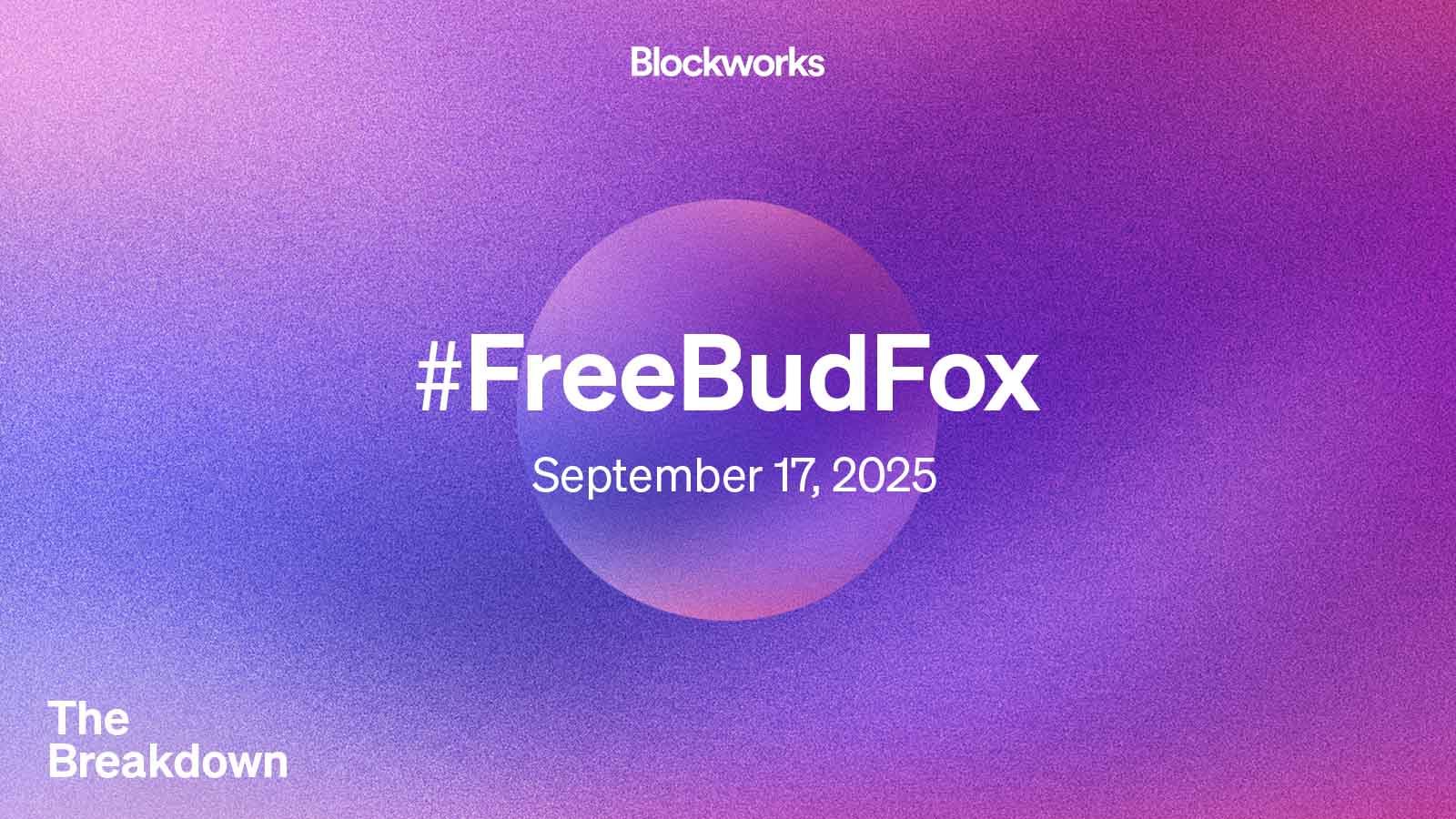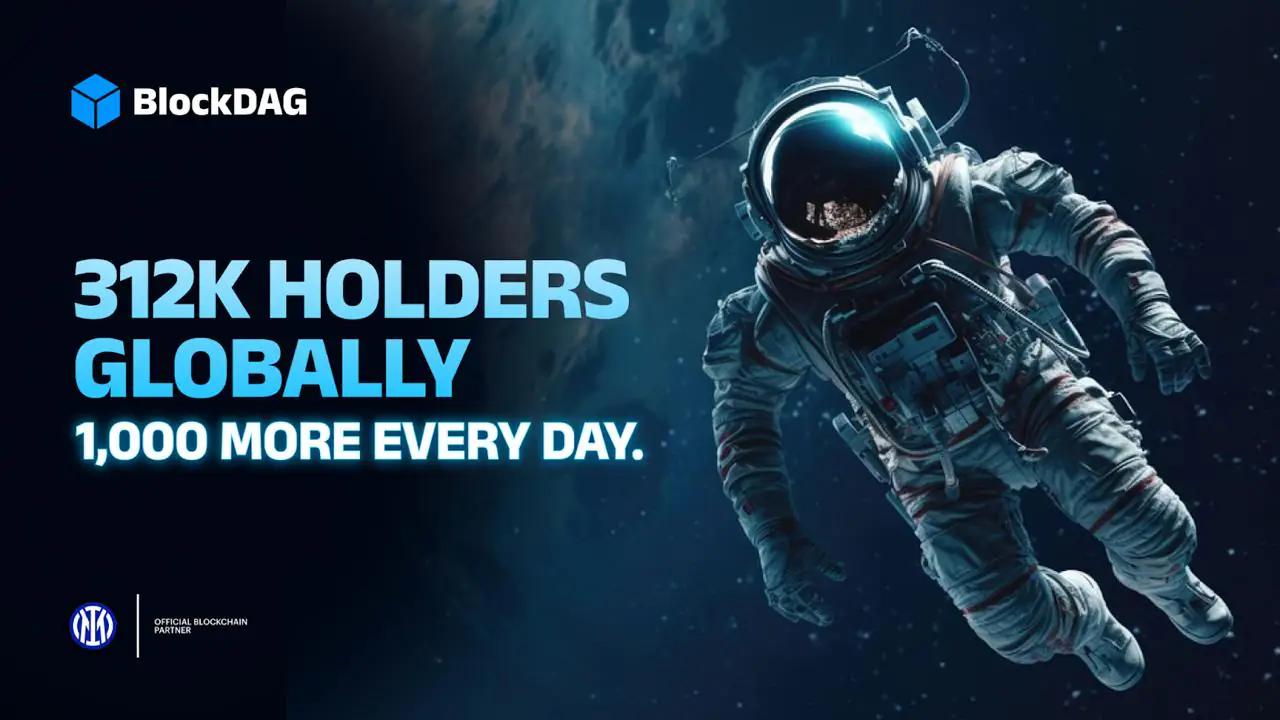Reddit, Kick Added to Australia’s Growing Teen Social Media Blacklist
TLDRs;
- Australia expands its under-16 social media ban to include Reddit and Kick starting December 10.
- Non-compliant companies face penalties of up to AU$49.5 million (US$32 million).
- Platforms must verify user age using biometrics, ID, or context-based tools despite high error rates.
- Privacy rules restrict data collection, complicating compliance ahead of 2025 enforcement.
Australia has officially expanded its planned social media restrictions for minors, adding Reddit and livestreaming platform Kick to the list of services barred to users under the age of 16.
The decision, announced by the country’s eSafety Commissioner on November 5, marks the latest step in Australia’s aggressive push to curb underage exposure to online risks. The new law, set to take effect on December 10, will enable the government to fine companies up to AU$49.5 million (US$32 million) if they fail to take “reasonable steps” to prevent children under 16 from accessing their platforms.
The expansion builds on an earlier framework that already includes Facebook, Instagram, Snapchat, Threads, TikTok, X and YouTube, targeting social networks where peer-to-peer communication and algorithmic engagement are most prominent.
Reddit, Kick Join Growing Restricted List
The inclusion of Reddit and Kick reflects the eSafety Commissioner’s intent to adapt the regulation dynamically as new social platforms gain popularity among young users.
Reddit, known for its vast array of discussion forums, and Kick, a streaming service that competes with Twitch, have both seen increasing traction among teenage audiences due to their open, community-driven environments.
However, several major digital platforms, such as Discord, Roblox, Steam, WhatsApp, Google Classroom, and YouTube Kids, are not currently part of the ban. The eSafety office clarified that omission from the list does not equate to a green light for safety, rather, these platforms may fall outside the regulation’s technical definition of “social media services,” which focuses on platforms whose primary purpose is online social interaction.
Compliance Challenges and Technology Gaps
The new law centers on what regulators call a “reasonable steps” test, which requires platforms to deploy multiple methods of age verification and estimation. These can include biometric tools, government ID verification, or contextual analysis of user behavior.
Yet the government’s own research underscores the limitations of these systems. Age estimation technologies have error rates ranging from 25% to 73% for users under 16. The highest inaccuracies are recorded among Indigenous and Asian populations, raising potential fairness and inclusion concerns.
Tech companies now face a compliance conundrum, implement slow, friction-heavy verification processes that frustrate users, or risk millions in fines. The eSafety Commissioner has signaled that compliance expectations will evolve with technology, leaving social media operators chasing a constantly moving target.
Privacy, Enforcement, and the Road Ahead
Enforcement of the new framework begins December 10, 2025, giving companies roughly one year to align with the government’s standards. Providers of age assurance technologies, including software development kits (SDKs) and AI-based verification systems, are under pressure to meet privacy laws while achieving high accuracy across demographics.
Australia’s Privacy Commissioner has emphasized data minimization, advocating for on-device processing and strict limits on personal data retention. This balancing act between safety and privacy creates a complex environment for vendors as they must prove compliance without overstepping on privacy rights.
Industry observers suggest the move could influence global digital policy, as Australia becomes a testing ground for enforceable online age limits. Similar frameworks are being explored in the U.K., European Union, and United States, where lawmakers face the same tension between child protection and digital freedom.
The post Reddit, Kick Added to Australia’s Growing Teen Social Media Blacklist appeared first on CoinCentral.
You May Also Like

Let insiders trade – Blockworks

Pi Coin Price Forecast Stalls & MYX Finance Analysis Fades – Here’s Why BlockDAG is the Best Crypto Right Now
